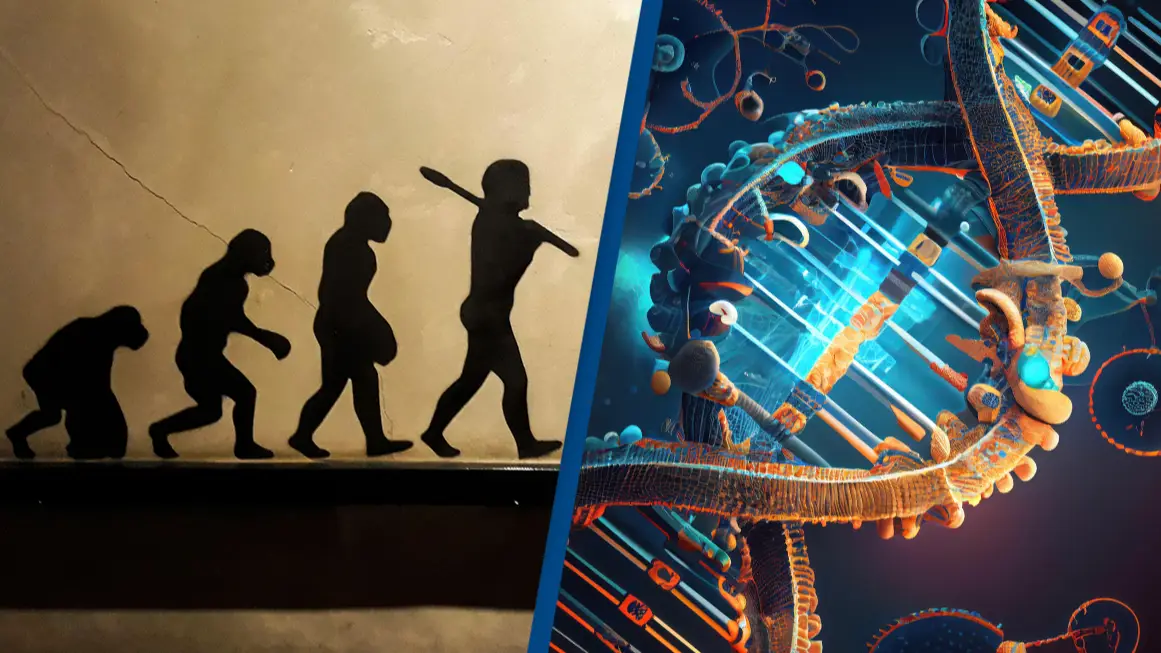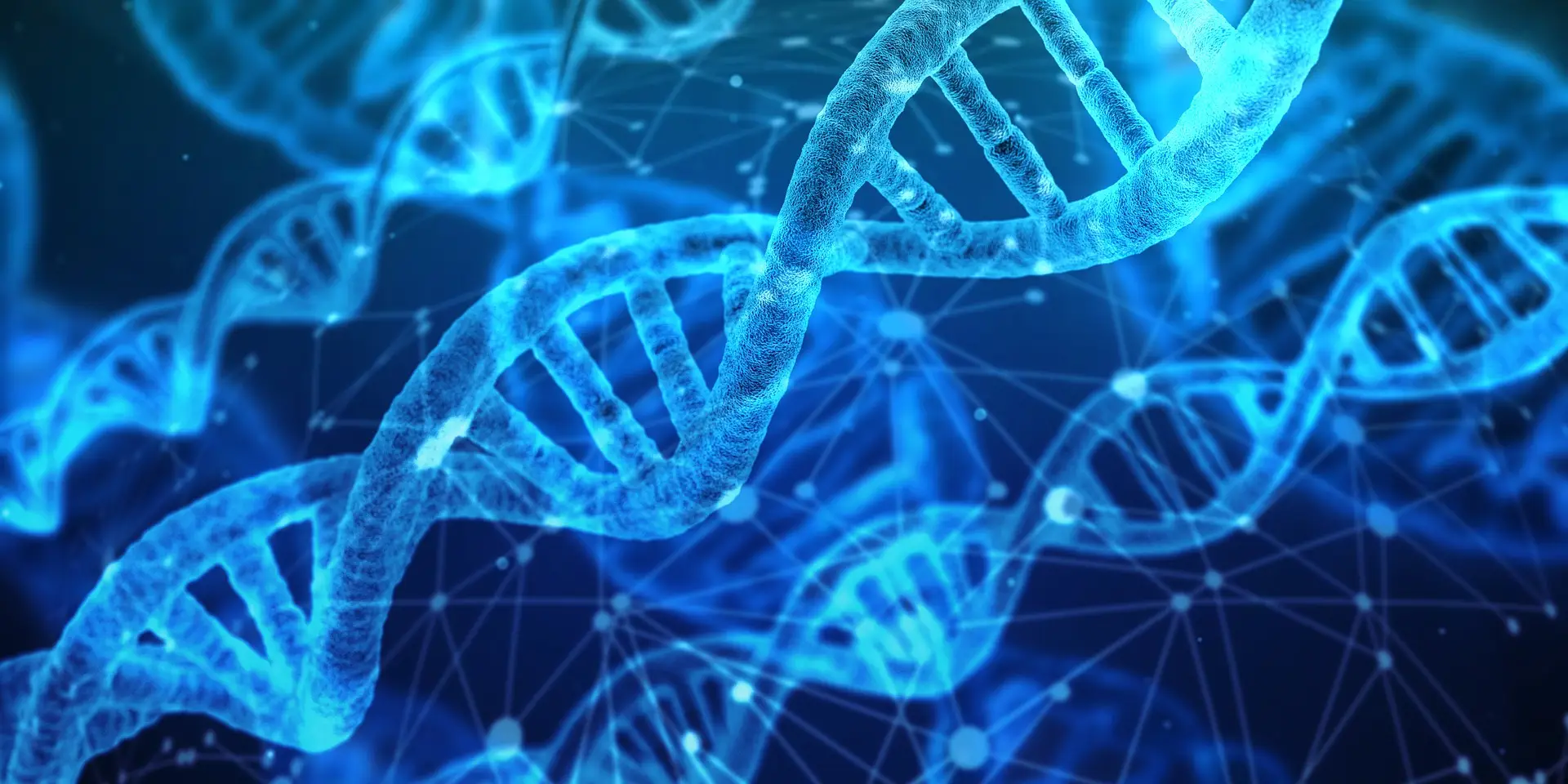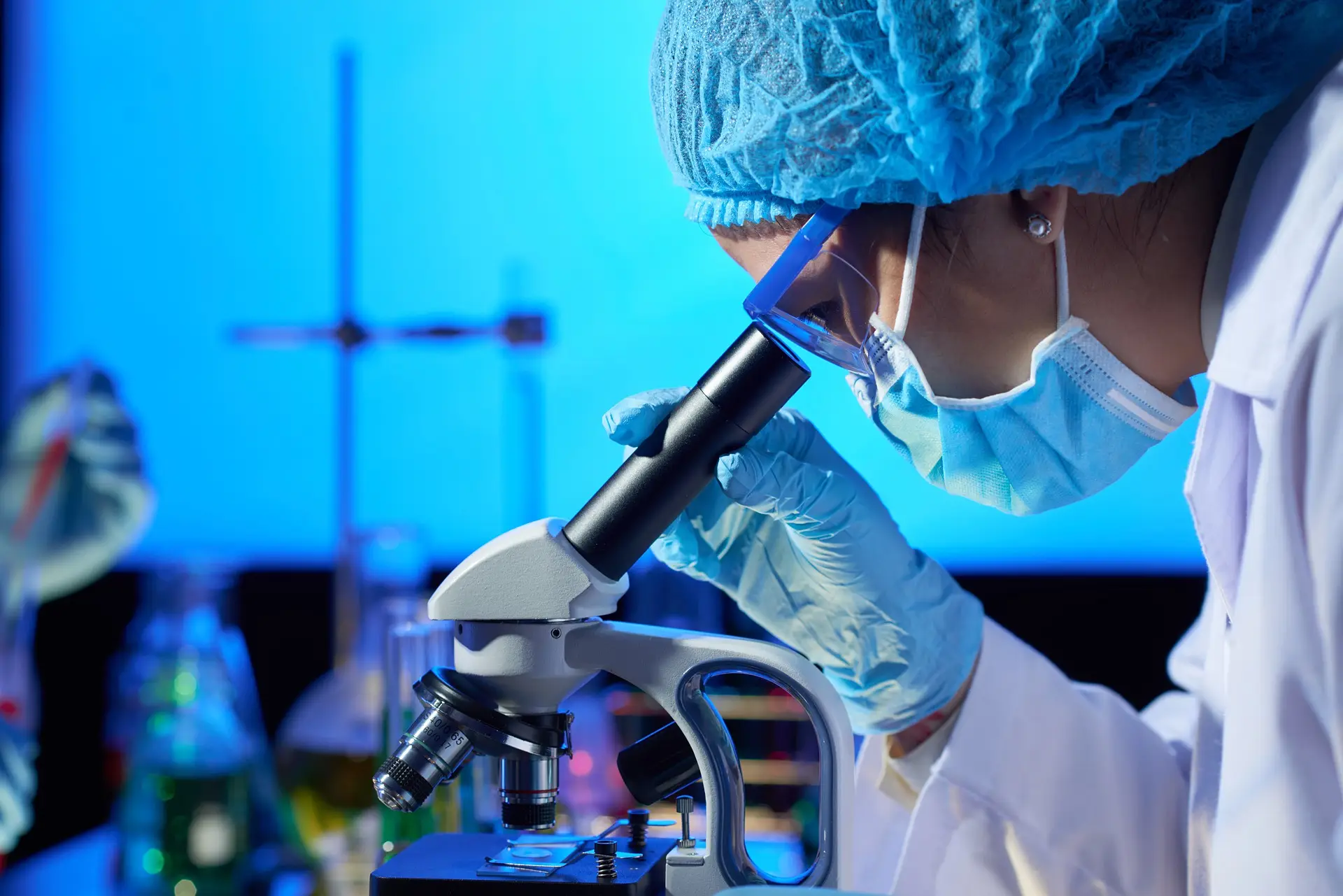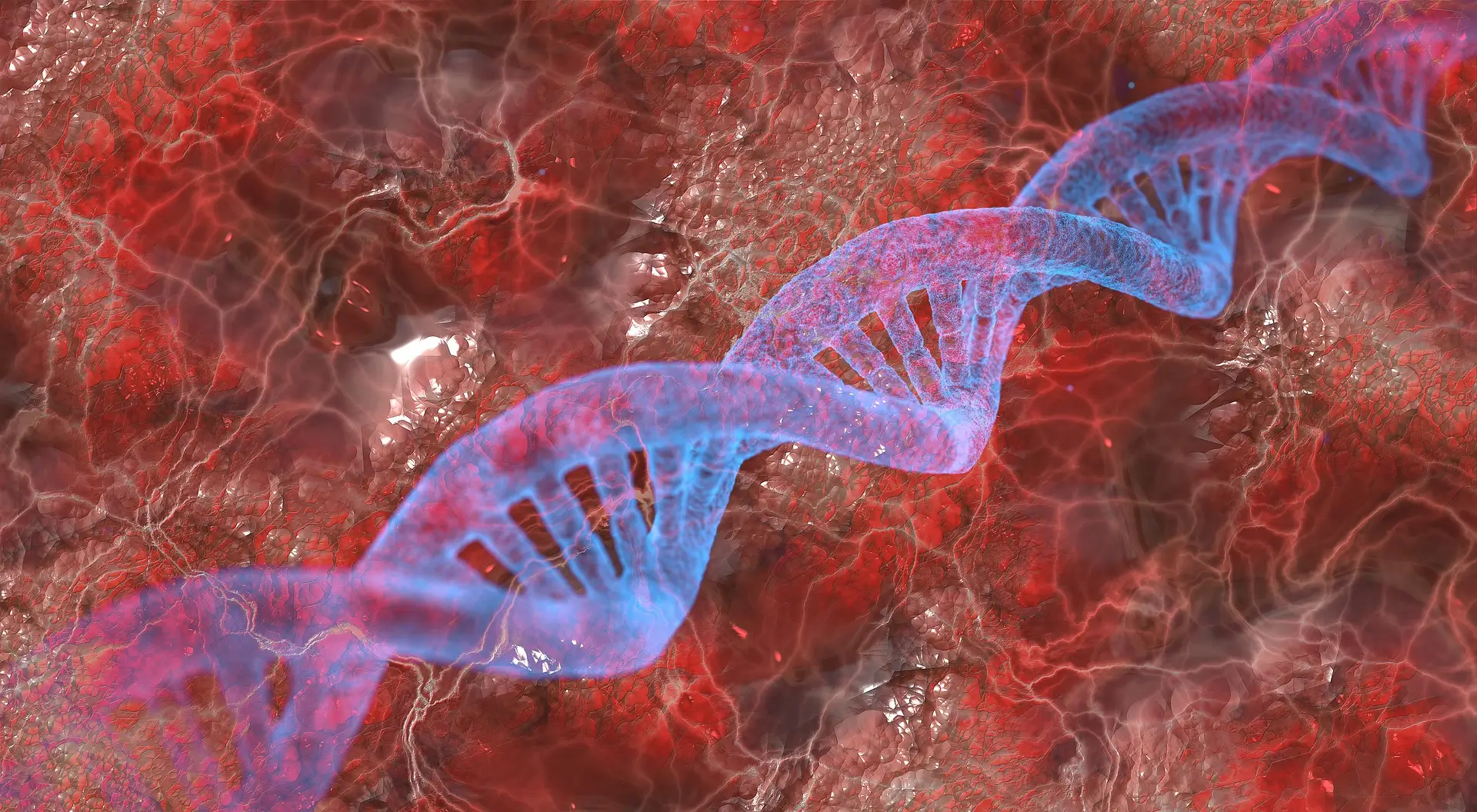
Humans have evolved over millions of years, meaning it can be difficult to track down the full extent of our genetic changes but research has uncovered 155 genes from our evolutionary past.
The tiny genes, known as 'microgenes', arose from fragments of DNA and may be extremely significant in providing further insight into the emergence of growth defects and certain diseases.
Scientists working on the project, published in the journal Cell Reports, were able to search for evidence of human evolution by trawling through pre-existing databases of functional genes.
They then used them to create evolutionary trees focusing on several vertebrate groups.
Advert

Nikolaos Vakirlis, lead author on the discovery and a scientist at the Biomedical Sciences Research Center 'Alexander Fleming' in Vari, Greece, said: "This project started back in 2017 because I was interested in novel gene evolution and figuring out how these genes originate.
“It was put on ice for a few years, until another study got published that had some very interesting data, allowing us to get started on this work."
Having obtained the additional data, the research team were then able to find 155 new genes.
Two of the genes are fairly recent and unique to humans, proving we are still evolving and enabling the team to find evidence of our evolutionary past.
Next up, is finding out whether these genes are biologically significant in any way.

Speaking about the next steps, Vakirlis continued: “It will be very interesting in future studies to understand what these microgenes might do and whether they might be directly involved in any kind of disease."
Meanwhile, senior author and scientist at Trinity College Dublin, Aoife McLysaght, said: “These genes are convenient to ignore because they're so difficult to study, but I think it'll be increasingly recognized that they need to be looked at and considered.
"If we're right in what we think we have here, there's a lot more functionally relevant stuff hidden in the human genome.”

So far, cell cultures have shown that 44 of the 155 genes appear to be linked to growth defects.
A further three genes appear to be linked with DNA markers for diseases such as muscular dystrophy, retinitis pigmentosa, and Alazami syndrome.
It may prove difficult to establish the full biological significance of the genes however, as experimental testing on human development proposes many ethical issues.
Topics: Science
